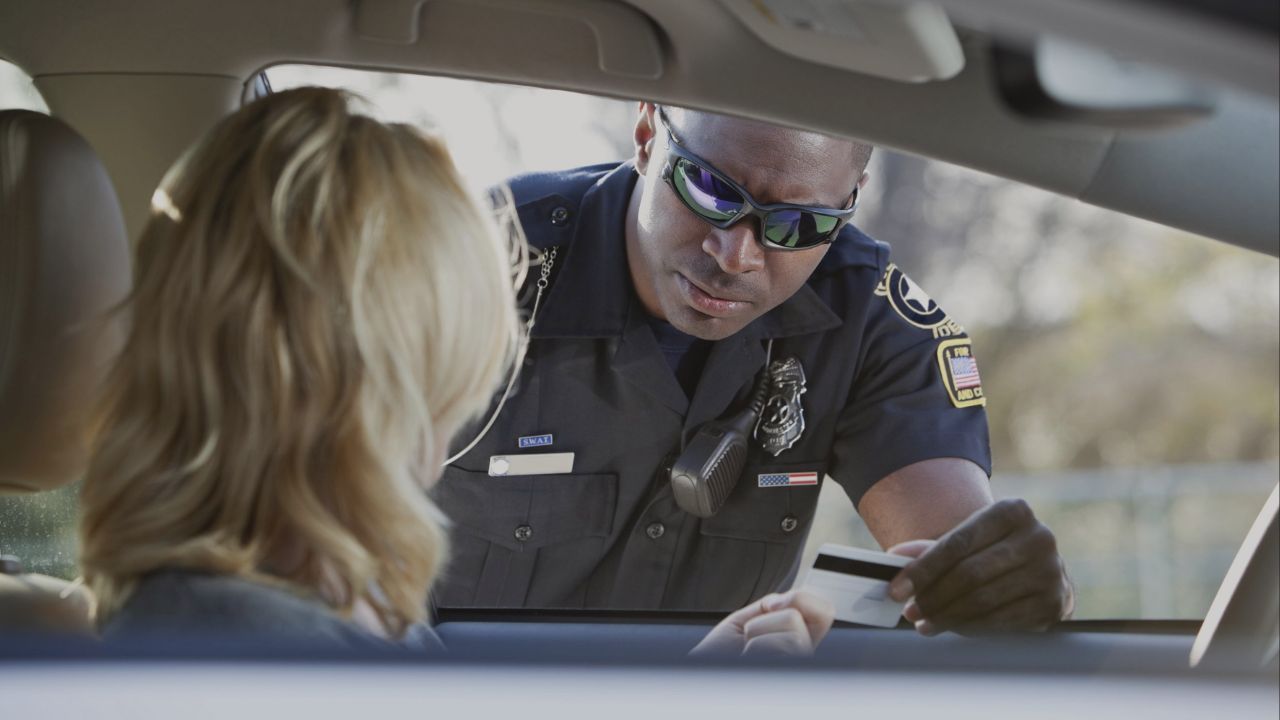Columbia, SC — If you’re pulled over in South Carolina, you might wonder whether a police officer has the right to search your phone. The answer, in most cases, is no — not without your consent, a valid search warrant, or a recognized legal exception such as a genuine emergency.
The Legal Precedent
The U.S. Supreme Court’s 2014 decision in Riley v. California established a nationwide rule: law enforcement cannot search the contents of a cell phone seized during an arrest without first obtaining a warrant. This applies not only to arrests but also to routine traffic stops in South Carolina.
As reported by the Huron Insider, your cell phone is considered highly private, and the Fourth Amendment of the U.S. Constitution protects it from unreasonable searches and seizures.
Consent and Your Rights
During a traffic stop, an officer might ask for your consent to search your phone. You have the right to refuse that request. Unless the officer can present a valid warrant or prove an immediate threat or emergency, they cannot legally compel you to unlock or hand over your device.
Even if your phone is temporarily taken during an arrest, the Supreme Court has ruled that police still need a separate warrant to search its digital contents. You also cannot be forced to give up your password or passcode.
“Your phone is essentially a digital extension of your private life,” legal analysts note. “Courts have consistently reinforced that strong privacy protections apply.”
When Exceptions Apply
There are rare exceptions. If officers believe your phone contains evidence that could prevent imminent harm — for example, in a kidnapping or active threat scenario — they may argue an emergency exception to the warrant requirement. However, these situations are extremely rare during routine traffic stops.
Any evidence obtained without proper legal authority can potentially be thrown out in court for violating constitutional rights.
Why Voluntary Access Changes Everything
If you voluntarily hand over your phone or unlock it for police, anything they find could be used against you. This is why legal experts recommend politely and clearly stating, “I do not consent to a search,” to preserve your rights.
Read Also: Can Minnesota Police Search Your Phone During a Traffic Stop? What Drivers Need to Know
Distracted Driving Laws Are Different
South Carolina has hands-free and distracted driving laws that prohibit holding or manually operating a phone while driving. Violating these laws can result in a citation, but they do not give officers the right to search your phone’s contents.
The Bottom Line
If you’re stopped by police in South Carolina, remember:
- Without a warrant, consent, or a true emergency, officers cannot search your phone.
- You have the right to refuse politely.
- Anything found through an unlawful search may be inadmissible in court.
Knowing these rights can help protect your privacy and prevent unlawful searches during traffic stops.
What’s your take on South Carolina’s search laws? Have you ever been asked to unlock your phone during a stop? Share your experience in the comments at ibwhsmag.com — your voice matters in this conversation.


 by
by 

